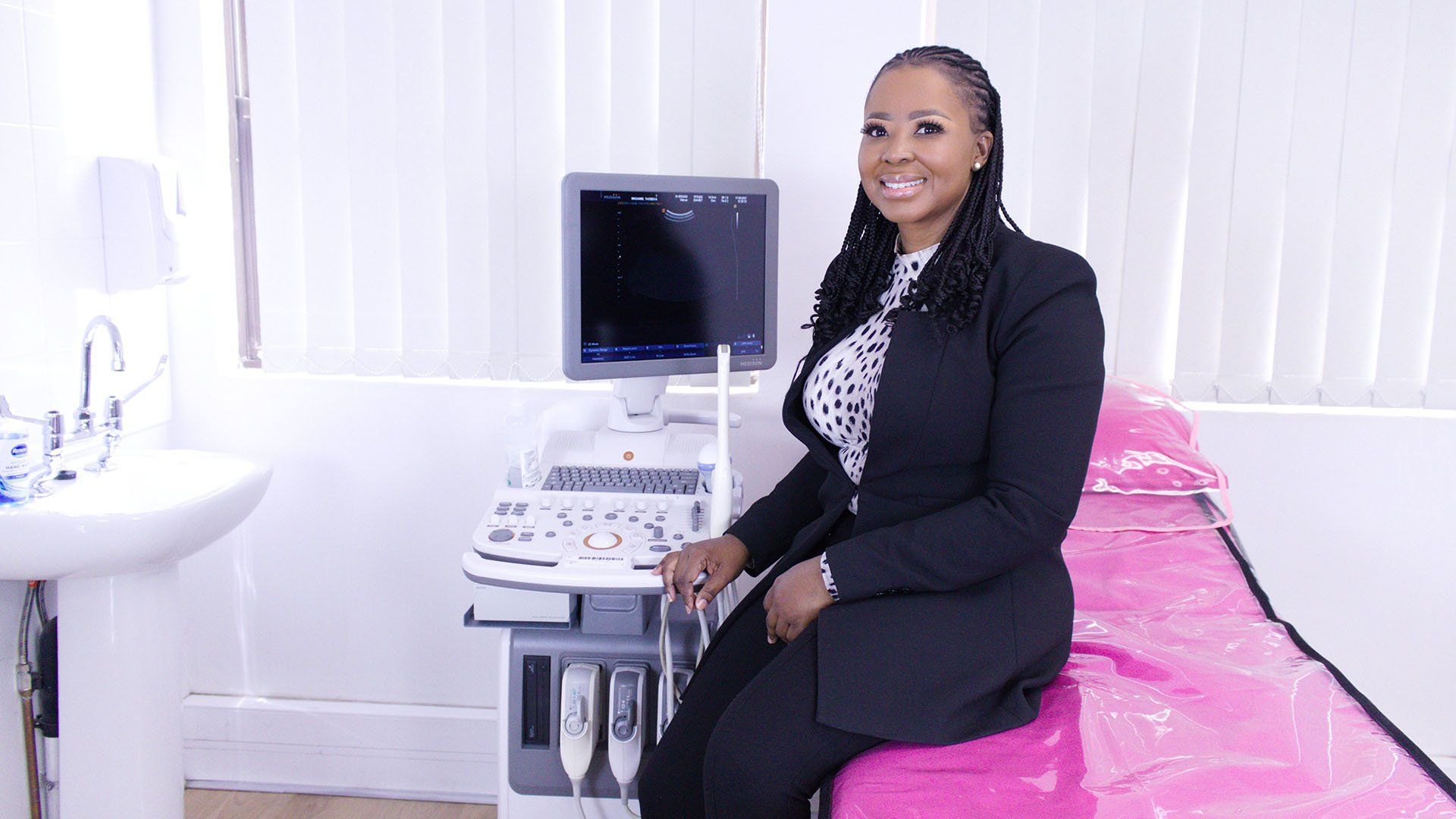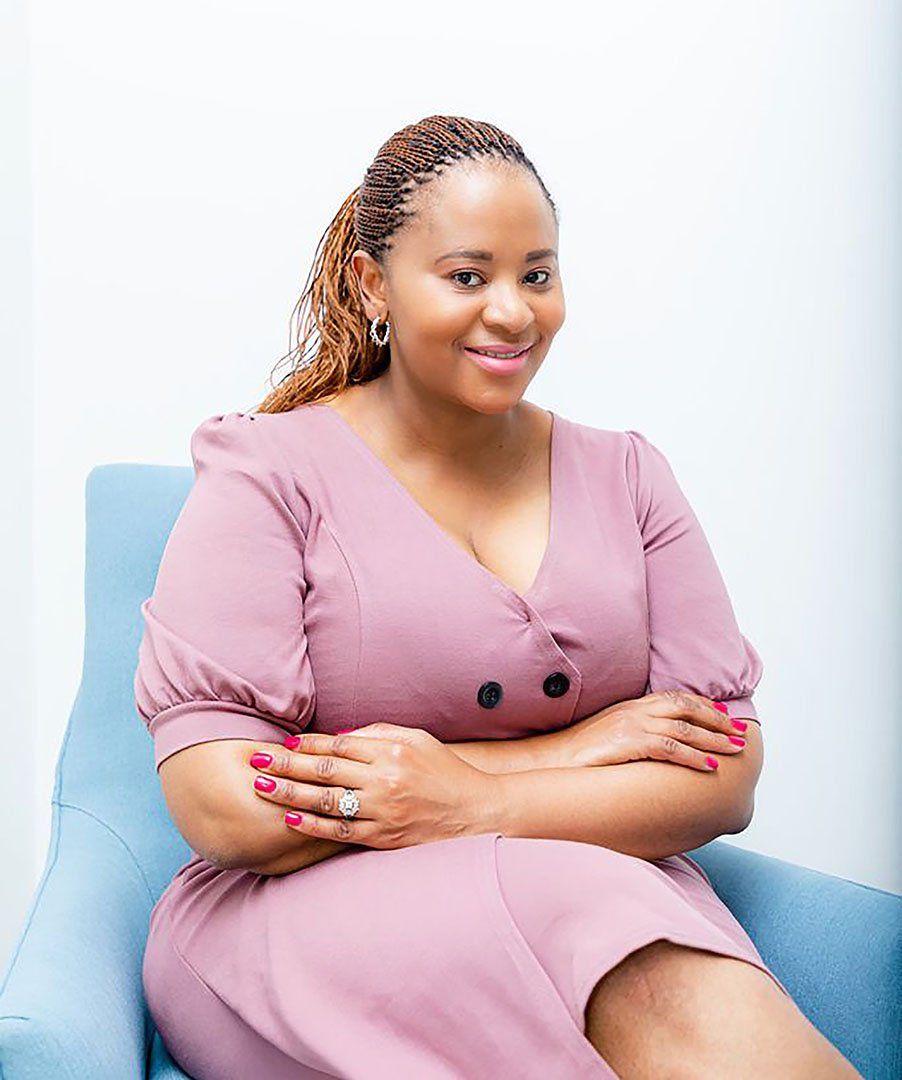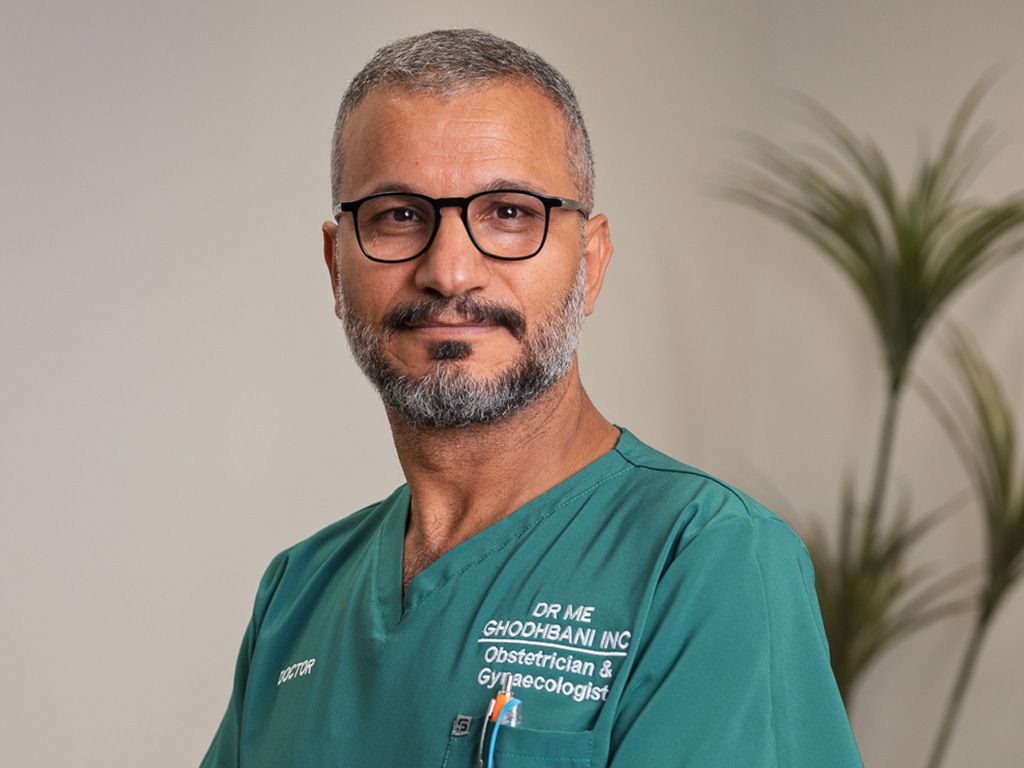Bright new era for women’s health in Polokwane and surrounds
Dr Portia Mosadi, an obstetrician and gynaecologist
Two new women-led specialised healthcare centres now available to the community
Access to specialised healthcare has recently been taken to new heights for women in the Polokwane area with the opening of two women led centres at Netcare Pholoso Hospital, focusing on women and baby health and wellness.
According to Fabion Bennett, hospital general manager, the facility has long been known for its high standards in healthcare, but the two centres signal the beginning of a bright new era in meeting the needs of women in the community.
“We are most fortunate to have two leading women’s health specialists practising here at our hospital – Dr Lusanda Jonas, a specialist general surgeon with an interest in breast health, and Dr Portia Mosadi, an obstetrician and gynaecologist. These two formidable doctors have been with us for some time and have now each opened a centre – a holistic breast care unit headed by Dr Jonas, and a comprehensive mother and baby wellness centre under Dr Mosadi’s leadership – here at Netcare Pholoso Hospital,” he says.
Mosadi Wellness Centre
The Mosadi Wellness Centre, which opened at the hospital in June, offers a comprehensive mother and baby wellness service. The centre is the brainchild of Dr Mosadi who was an award winner in the 2019 Inspiring Fifty SA Women in Science, Technology, Engineering and Mathematics and is one of South Africa's early female entrants into aesthetic gynaecology.
“Our new centre provides a full suite of healthcare services to new and expectant mothers, as well as for women looking for gynaecological care, all under one roof in a beautifully designed space. This also acts as a support service for other gynaecologists and obstetricians at the hospital, who can send their patients to us for supplementary services such as 4D scans and baby wellness checks. In addition, our centre offers contraceptive advice, pap smears, antenatal classes, as well as immune and lactation support for new moms,” explains Dr Mosadi.
“This all takes place in a warm and welcoming environment, where women feel supported and comfortable to ask for help and advice. As a healthcare centre, we are on a mission to empower women by informing and educating them about their bodies as they journey through pregnancy and the period thereafter," adds Dr Mosadi.
"We are bringing back a community based approach to caring for women through midwives and other key medical staff. We therefore place a strong emphasis on utilising the depth of knowledge and experience of our midwives and other healthcare providers in guiding women when it comes to nutrition during pregnancy and breastfeeding, how to prepare for birth and what to expect in those first few weeks as a new mother, amongst other important topics.”
Dr Mosadi says that she conceptualised the centre around the needs of the many women living in the surrounding communities, who would like access to more personalised care where they feel safe and understood, but who may not always have private medical cover.
“We have created a serene and nurturing environment here for women and are able to offer affordable maternity plans in a private care setting, with midwife deliveries for low risk patients as well as other essential services during pregnancy and the first six weeks after birth.
“Our multi-disciplinary team of healthcare professionals, which also includes doctors and nurses, is committed to providing each and every patient with quality healthcare. Ultimately, we wish for each of our patients to come away having had a special and memorable experience,” she says.
Breastic centre
In an important development in preventative care for women in the area, a new holistic breast care centre at the hospital was opened in August by Dr Jonas, who also has a private practice at the hospital and is a fellow of the College of Surgeons. Dr Jonas is passionate about breast health and wellness and is trained in treating and diagnosing all benign and malignant breast diseases, as well as in performing different breast operations, including breast conservation surgery.
“The Breastic centre, as it is called, was opened with the purpose of providing an outstanding breast care service that is personally tailored to every woman, thereby reducing breast cancer morbidity and mortality through early detection of breast diseases. We promote breast conservation surgery as the gold standard wherever possible and work with our patients to empower them as key role players in their course of treatment,” explains Dr Jonas.
The centre offers a holistic range of breast care services including screening, diagnosis and medical and surgical treatment of breast cancer as well as treatment of benign breast diseases and referral for genetic screening and counselling. Payment structures for non-medical aid patients paying directly for breast care services at the centre are currently being drawn up.
“We take a multi-disciplinary approach in order to provide the most holistic care possible for our patients and also involve their loved ones, who play an important part in their recovery journey, along the way. The other specialists on our treatment team include a radiologist, an oncologist, a plastic and reconstructive surgeon, a pathologist, a psychologist, a social worker and a wound care specialist,” explains Dr Jonas.
“It is very important to me that women have access to education around breast health and early screening, as breast cancer is highly treatable if detected early on. I myself lost a very close cousin to breast cancer two years ago. It is my great wish that any woman who experiences breast cancer has the best possible care and support available,” she says.
Dr Jonas notes that breast cancer is the number one cancer affecting women in South Africa, with one in 27 women at risk of developing it, and is the most common cancer in the world. “According to the 2020 GLOBOCAN figures, approximately 2.3 million new cases were diagnosed in 2020. Tragically, 685 000 lives were lost to breast cancer in that same year,” she says.
Dr Jonas therefore strongly encourages women to follow these four golden rules:
- Have a breast examination by a healthcare professional at least every three years from the age of 20
- Have a mammogram by a healthcare professional every year from the age of 40
- For women at high risk of breast cancer, such as those whose immediate family members have had the disease, annual screening should include both a breast examination and a mammogram from the age of 35.
- It is important for all women to develop awareness of their breasts and to do self-examinations of their breasts every month in order to pick up any changes.
“We are greatly honoured to have these two exceptional specialists practising at our hospital and spearheading such important services. We are certain that this will make a significant difference in the lives of women in the Polokwane area now and for many years to come,” concludes Bennett.
Contact the centres
Mosadi Wellness Centre – Dr Portia Mosadi
For more information about the Mosadi Wellness Centre, please visit https://www.mosadiwellnesscentre.co.za/
In addition to the mother and baby wellness centre, Dr Mosadi also runs the Dr Portia Mosadi Gynaecology Clinic, a gynaecology and obstetrics practice offering general gynaecology, aesthetic gynaecology and obstetrics at Netcare Pholoso Hospital in Polokwane as well as at the Netcare Doctors Suite in Rosebank, Johannesburg. Please visit https://drportiamosadi.co.za/ for more information.
Breastic Centre – Dr Lusanda Jonas
To find out how to conduct self-breast examinations and for more information about the Breastic Centre, please visit
https://breastic.co.za/ To contact Dr Jonas please call 015 296 5152. Alternatively, please email
info@breastic.co.za or
breasticunit@gmail.com.














